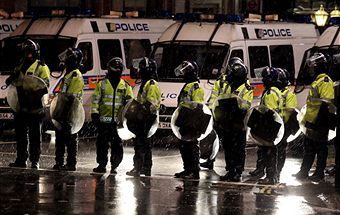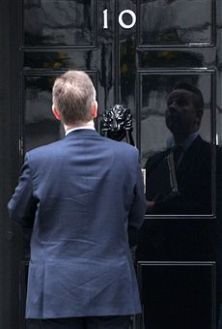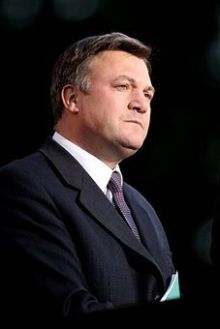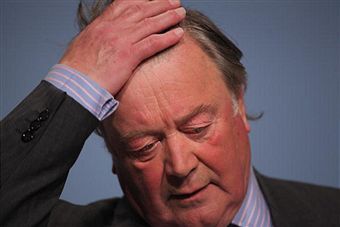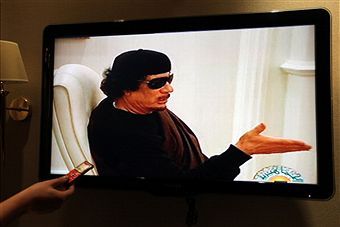The dirty secrets of ‘no win no fee’
Jack Straw’s column in the Times today (£) contains the following revelation: ‘Our records indicate that you may be entitled to £3,450 for the accident you had. To claim free reply CLAIM to this message,” went the text that my pal Phil Riley received last week. This “accident” was, in truth, a minor prang. Phil had stopped in traffic. The chap behind drove into him, with minor damage to Phil’s car; no personal injuries. The other driver’s insurer paid Phil’s repair bill. Within days of this prang, 18 months ago, Phil was bombarded with texts and personal calls to tell him that if he would make a claim, three or



